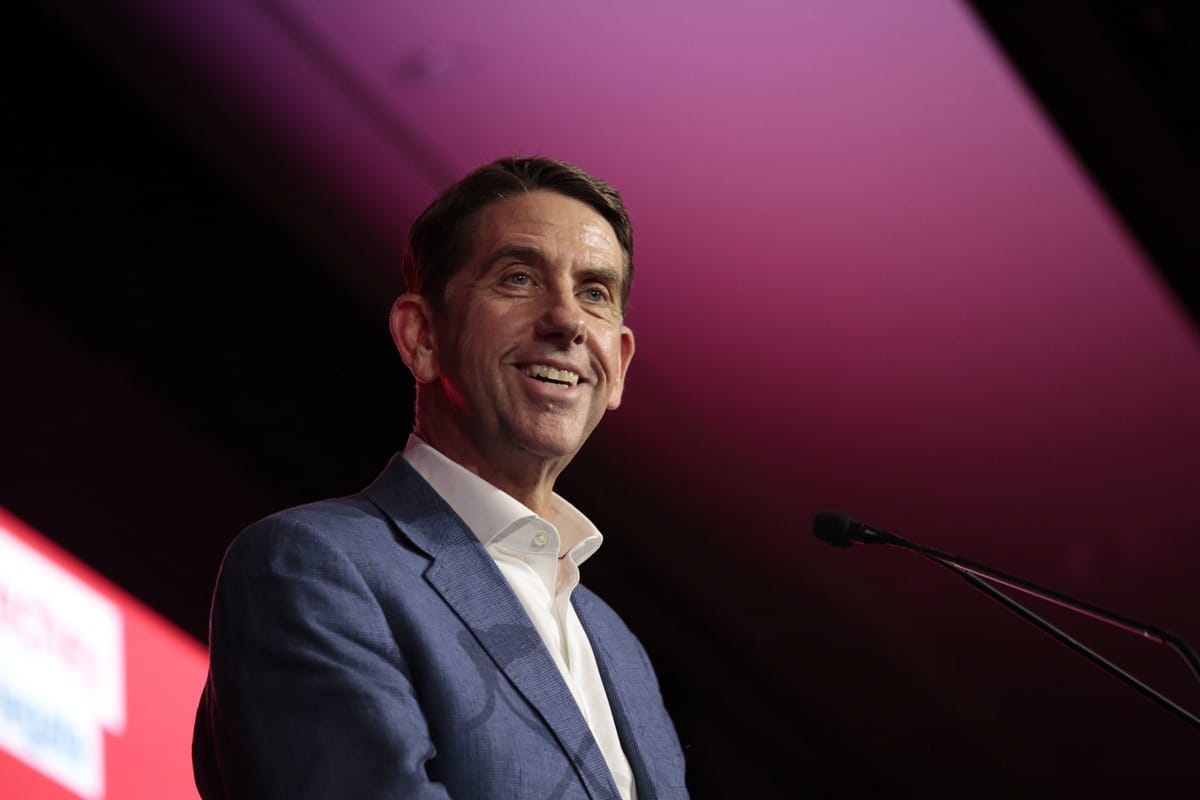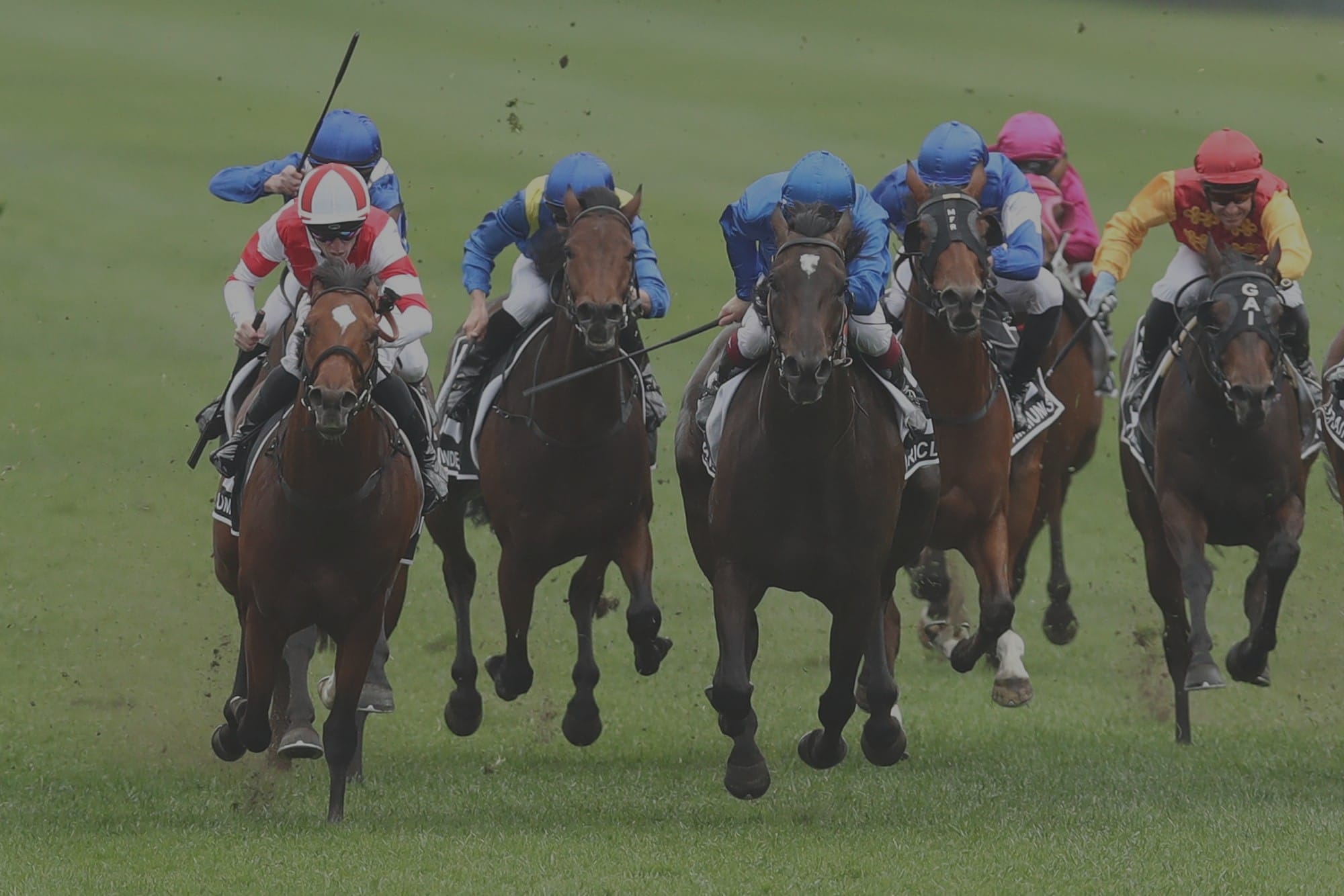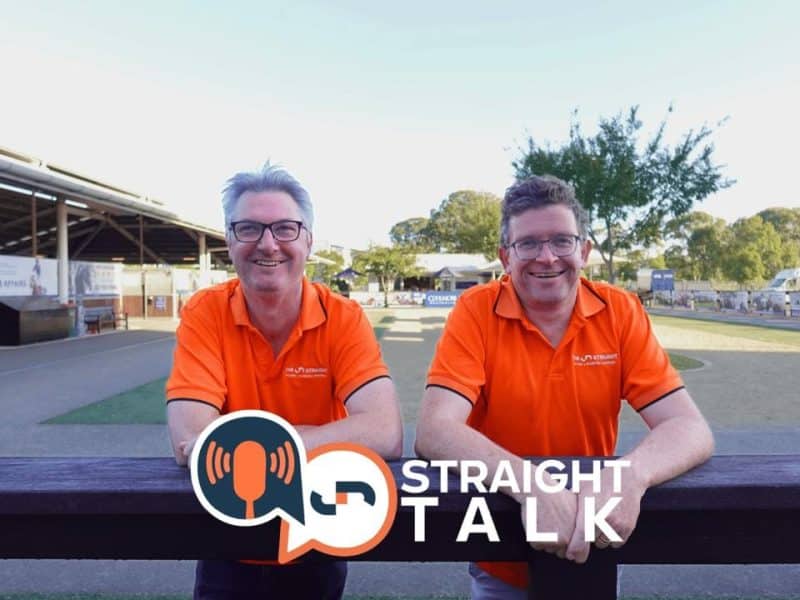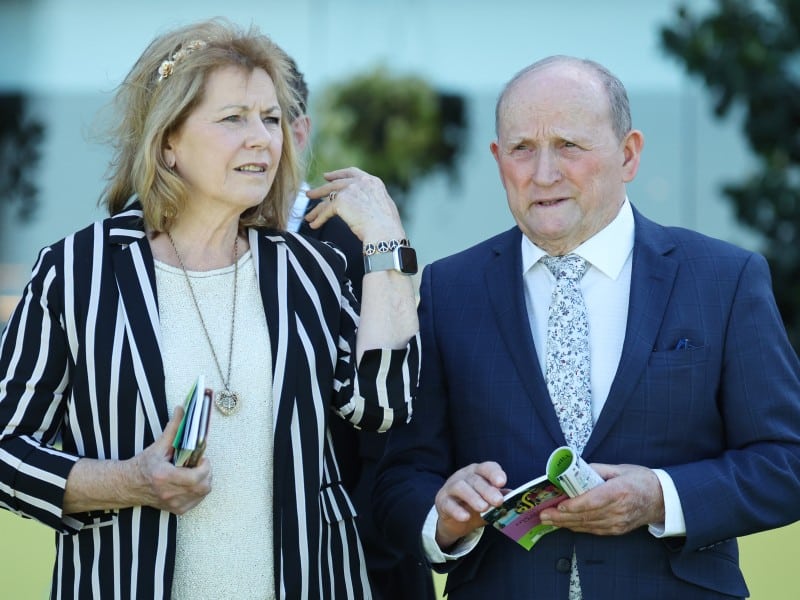A $182 million difference of opinion – Queensland wagering projections rubbished
Just days after the Queensland budget projected an additional $82 million in wagering tax revenue over the next four years, members of the wagering and racing industry have claimed Queensland Treasury has got its predictions dramatically wrong.

Part of Treasurer Cameron Dick’s budget last week detailed that wagering tax revenue, which is largely made up of Point Of Consumption Tax, would total $1.189 billion over this and the next three financial years.
That is $82 million more than what was projected last year and given that 80 per cent of POCT flows back to the industry, that would, in theory, represent a $64 million boost to Racing Queensland.
However, the projection immediately raised eyebrows in the racing and wagering industry, particularly considering other states, including New South Wales, Victoria and South Australia, had revised down their revenue projections on last year.
The Straight has spoken to several sources within the wagering industry, who found fault with the projections. They said that their numbers moving forward vary greatly from the 2.7 per cent growth in wagering tax revenue projected by Treasury.
“The actual taxable base (gross revenue) from Queensland customers is estimated to have shrunk by at least 7 per cent on last financial year, therefore on an underlying basis POCT revenue has gone backwards,” an industry insider said.
“The premise that Queensland have defied any national trend is false and misleading, they have simply benefitted from incorrect modelling by Treasury.”
The move to a 20 per cent Point Of Consumption Tax in December 2022 has made Queensland even more susceptible to the broader wagering downturn.
Corporate bookmakers were particularly aggrieved with being left out of initial discussions on that move and said the underlying errors in the forward estimates stem from that moment.

“When the POCT change was announced in June 2022 none of industry, outside of Tabcorp, was consulted and, as a result, the estimates were based on fundamentally flawed assumptions that materially underestimated the change from a net revenue to a gross revenue model for non-Tabcorp operators,” the insider said.
“This underestimation was carried forward to the last year’s budget where $266 million was estimated for financial year 23/24, the estimate should have been around $310 million.”
Given the overall returns from this financial year are expected to be $286 million, those in the wagering industry say this year’s returns actually represent a $24 million shortfall on expectation.
Flowing that forward, it means that there would be an approximate $100 million shortfall over the next four years compared to projections last year. That is a very different story from the prediction of an additional $82 million.
Those calculations were consistent across the various wagering providers spoken to by The Straight.
Compounding the situation is that corporate bookmakers have been disincentivised by the higher Point Of Consumption rate to offer promotions or other marketing in Queensland.
It is believed that Racing Queensland’s own figures mirror those of the wagering companies, and not those of Treasury.
RQ has spent months hosing down revenue expectations with stakeholders, only for the government to predict blue skies when it comes to wagering data.

Asked by The Straight about its figures, Treasury defended its calculations.
“The estimated actual for betting tax revenue in 2023-24 of $286 million, as published in the 2024-25 Queensland Budget, is supported by current collections data,” a statement said.
“Beyond 2023-24, the forecast average annual growth in betting tax over the four years to 2027-28 of 2.7 per cent is below expected growth for a range of other taxes.”
“This reflects a moderation in growth in betting tax after a period of strong growth following introduction of the 2022-23 Budget measures.”
The Straight asked the Queensland Treasury whether current wagering figures featured in its forward projections but did not receive an answer.
The conjecture over Queensland’s wagering revenue comes as the NSW government considers following Queensland’s lead and raising its POCT rate while renegotiating its terms with Tabcorp.





